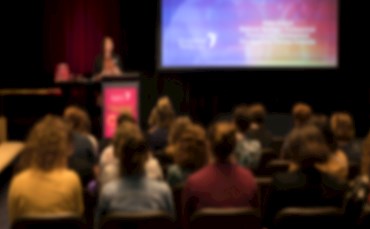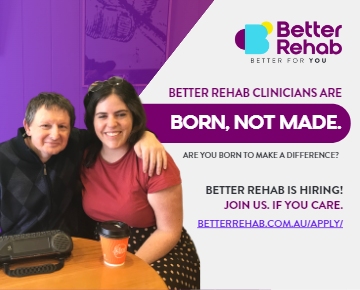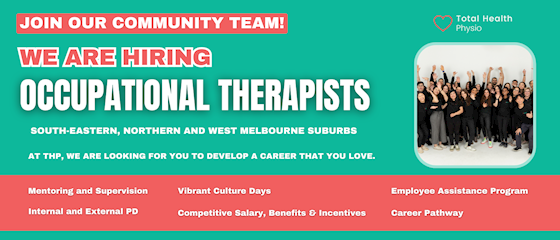
Browse the latest OTA updates, industry news and OT developments across Australia.
Occupational therapy and the fight against human trafficking, slavery and exploitation
OCCUPATIONAL THERAPY AUSTRALIA MEDIA RELEASE 12.07.19
Delegates to Occupational Therapy Australia’s (OTA) 28th National Conference have been told they can play an important role in the fight against human trafficking, slavery and exploitation and can support people in recovery.
Mrs Emma George, a registered occupational therapist with postgraduate qualifications in public health, told delegates that human trafficking, slavery and exploitation is a ‘wicked problem’ and that its associated trauma is damaging to the health and well-being of individuals, families and communities.
“Millions of people are exploited globally and since 2004 there have been 750 investigations into human trafficking in Australia alone,” Mrs George said. “A comprehensive response to this injustice is essential.”
The objective of Mrs George’s study was to explore the role of occupational therapy in the fight against this injustice.
Findings from two separate studies were collated. The first study adopted a qualitative descriptive approach to gain insight into service providers’ understanding of current practices and support services for people who have been trafficked in Australia. In-depth semi structured interviews were conducted with 13 service providers from three Australian states. Transcripts were coded and data analysed thematically. The second study explored the occupational injustices of human trafficking. Case studies were identified from the literature to examine occupational marginalisation, deprivation, imbalance and alienation. Themes that emerged from both studies were analysed to identify opportunities for occupational therapy.
Insights from the service providers in the first study, and the second case study analysis, confirmed that exploitation and occupational injustices result in negative impacts on health and well-being.
“There is a need for comprehensive services in recovery and this should include occupational therapy,” Mrs George said. “While collaboration between health, community and criminal justice sectors is challenging due to different perspectives and approaches, this must be prioritised in service delivery. We also anticipate an increased need for services in recovery because we expect the Australian government’s new modern-day slavery legislation to result in clearer identification of exploitation in Australia and the associated supply chains.”
“Therefore, greater awareness of human trafficking, slavery and exploitation is essential. The scope of occupational therapy practice could be extended to explore opportunities in advocacy and recovery work in Australia.”
“Actively lobbying for better policies, along with comprehensive service provision which includes occupational therapy, would support both recovery from, and the prevention of, human trafficking, slavery and exploitation,” Mrs George said.
Approximately 1,350 delegates have converged on Sydney’s International Convention Centre for OTA’s 28th National Conference, the theme of which is Together Towards Tomorrow, which highlights the many ways in which occupational therapists work together and in partnership with consumers, communities and colleagues to support optimal occupational performance, health and well-being.
The conference, featuring plenary sessions and academic presentations, enables delegates to learn about and discuss the latest developments in the science of occupational therapy. It runs from 10 to 12 July.
Media Contact
Michael Barrett | Government, Media and Public Relations
0403 795 505
policy@otaus.com.au
About Occupational Therapy Australia
Occupational Therapy Australia is the national professional association representing occupational therapy in Australia. We offer opportunities for our members to enhance best practice through professional development, support, and access to profession-specific information.







.jpg)





